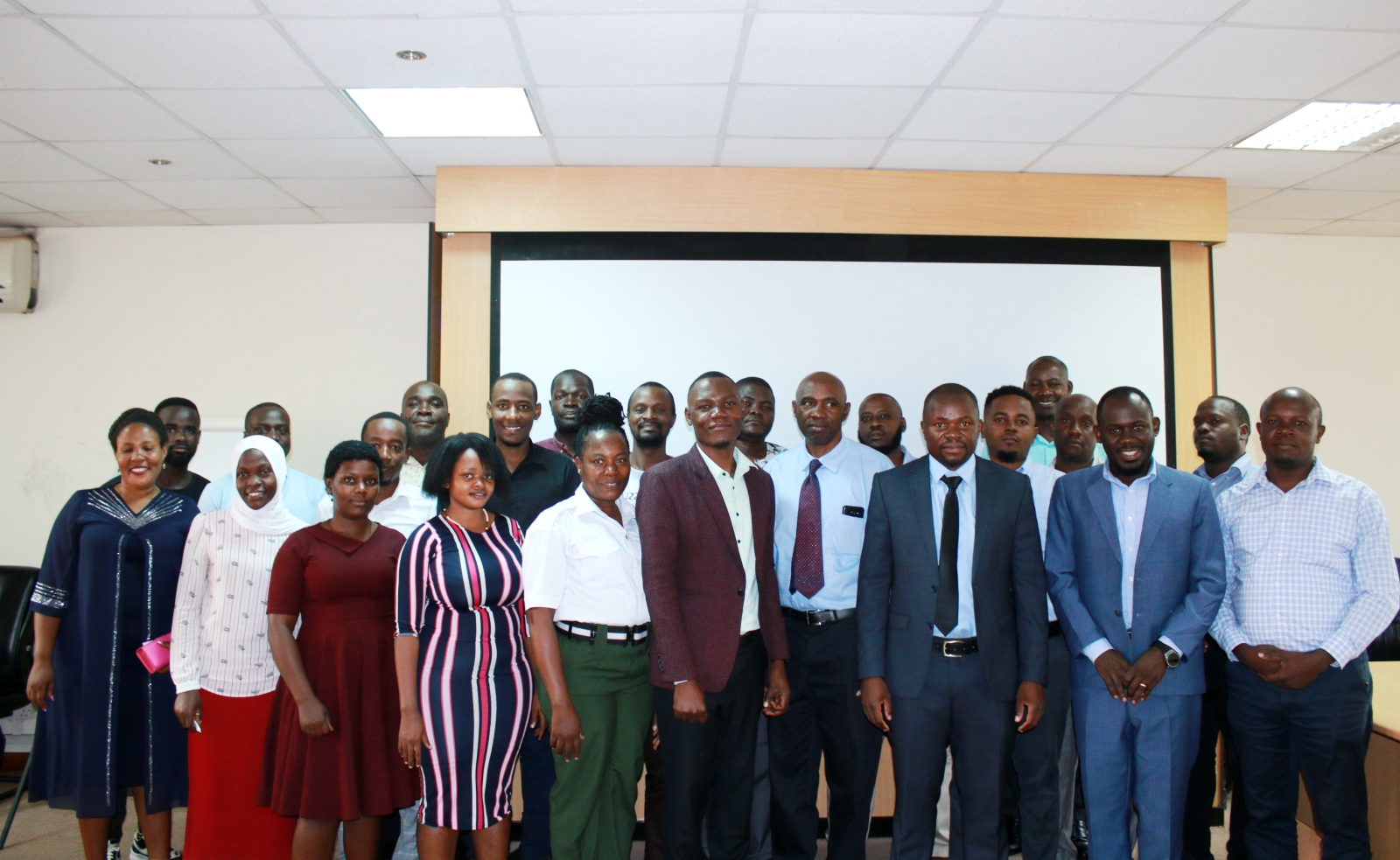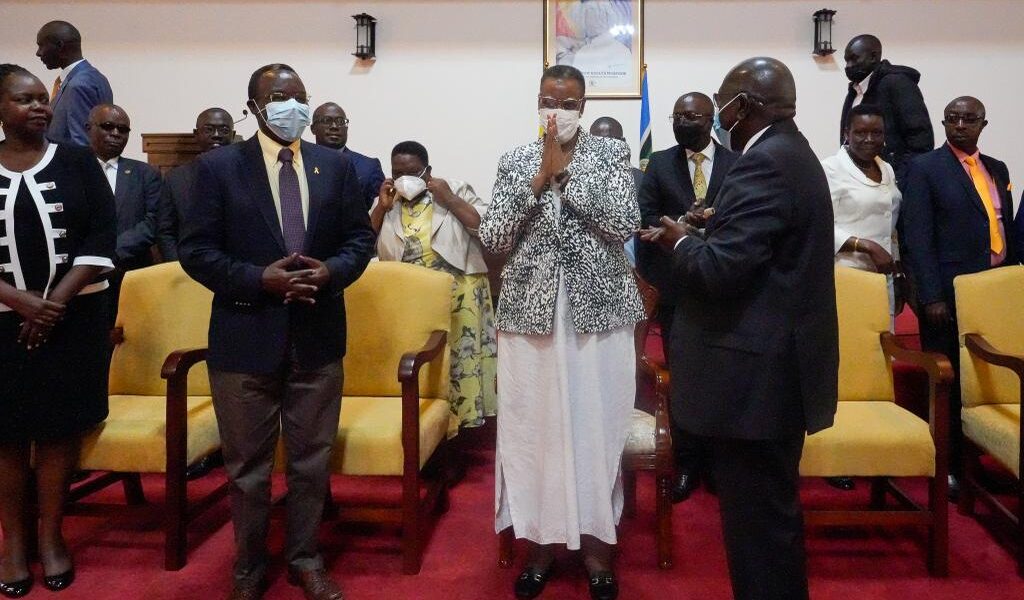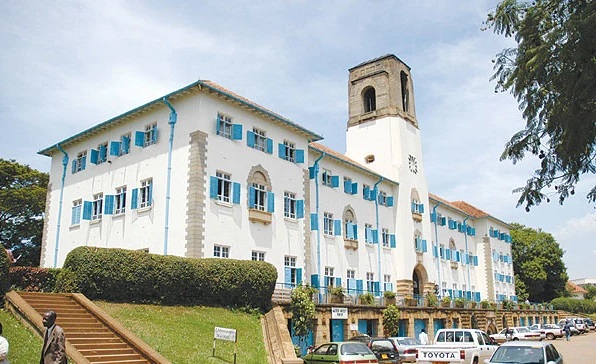Economic researchers from Makerere University are advising the government to increase funding to the tourism sector, particularly focusing on growing domestic tourism. They have identified poverty as a significant barrier to domestic tourism, emphasizing that low-income levels prevent people from engaging in such activities. According to their study, increased government support could lead to subsidy rates for locals, enabling them to explore the beauty of Uganda.
The study, titled Promoting Domestic Tourism in Uganda: An Assessment of Economic Significance and Opportunities for Tourism Stakeholders, was presented on December 13, 2023, at the School of Economics, Makerere University. Dr. Peter Babyenda, an assistant lecturer and policy engagement specialist, highlighted that domestic tourism has been neglected in both research and economic development discussions.
The researchers pointed out that the neglect of domestic tourism is often due to the misconception that tourists primarily come from distant lands and cultures. This has left domestic travelers overlooked, and the lack of a comprehensive enabling environment has hindered the growth of this segment of the market.
In Uganda, tourism investments mainly target affluent tourists from Western countries, with domestic tourism only gaining attention during international tourism downturns. Despite recent efforts by the Uganda Tourism Board to promote domestic tourism through campaigns, the majority of Ugandans still face challenges due to limited purchasing power.
To address these issues, the researchers proposed specific, more affordable packages for Ugandans and suggested involving young people in promoting domestic tourism. They also highlighted the need for improved tourism infrastructure, cost subsidies, and increased domestic advertising to encourage more Ugandans to explore their own country.
The study indicated that 62.2% of Ugandans haven’t undertaken tours due to the perceived cost of tourism, low incomes, and time constraints, especially for those employed. The researchers emphasized that addressing these hindrances could lead to increased participation in domestic tourism.
In terms of proposals, the researchers suggested implementing separate, relatively cheaper packages for Ugandans, East Africans, and international tourists, citing successful programs like ‘Tembeya Kenya’ in Kenya. They also emphasized the indirect benefits of domestic tourism, such as financial stability for tourism sites, which can positively impact other sectors like agriculture and transport, leading to increased government revenue.
In response to the findings, Prof. Ibrahim Mike Okumu, the dean of the School of Economics, stressed the importance of digitalization for promoting tourism products and urged sustainable tourism practices. He called for effective marketing strategies, collaboration with travel influencers, and the streamlining of service providers across the tourism value chain.
The research team, consisting of John Bbale Mayanja, Peter Babyenda, Stevens Mwalye, John Mutenyo, and Rose Nakimu, was praised for their dedication by Ezra Byakutangaza, the representative of Makerere Research Innovation Fund, the funding agency. Byakutangaza expressed gratitude to the government for supporting the research conducted by Makerere University.




















